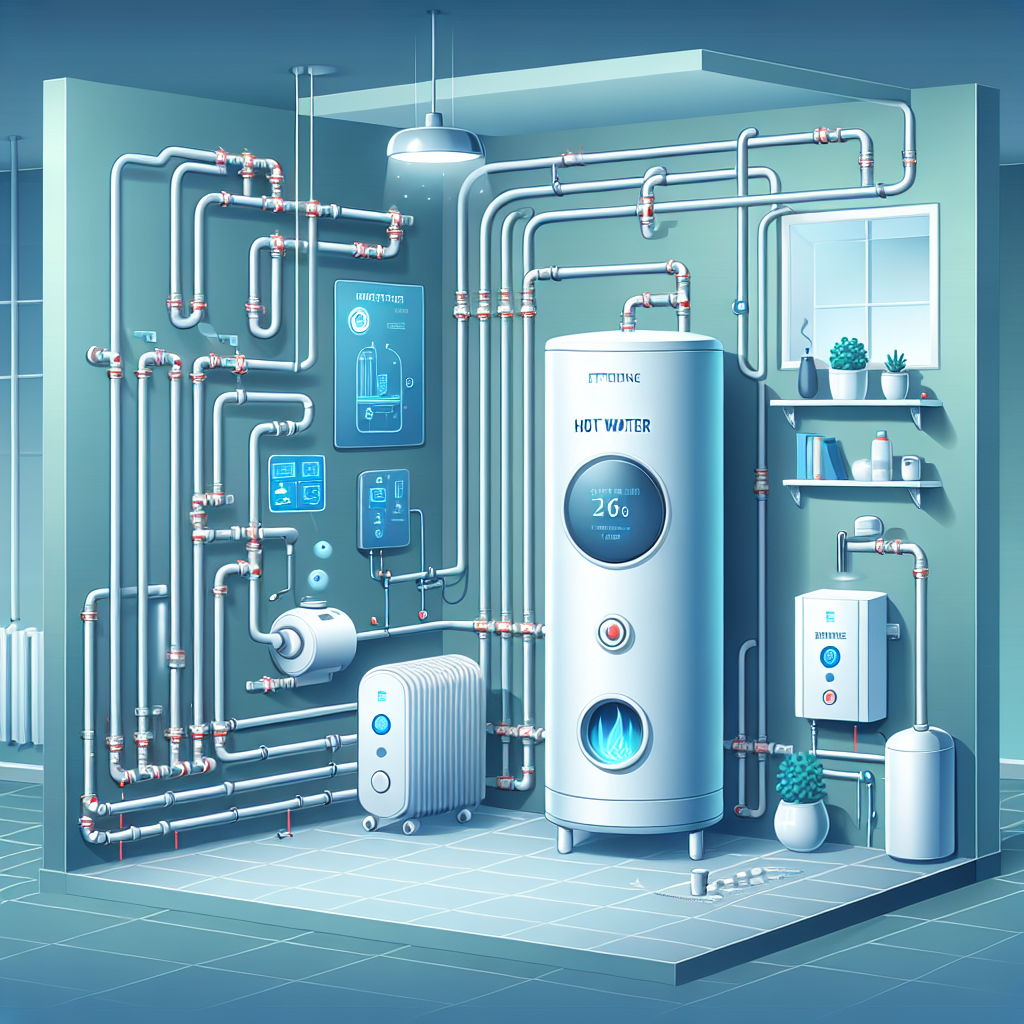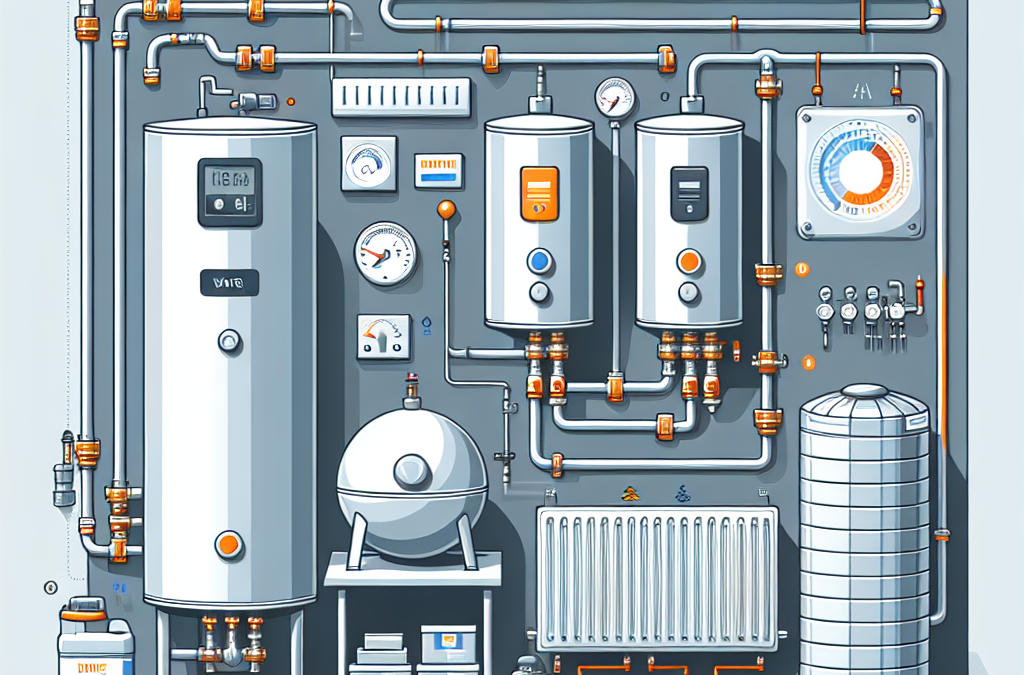In today’s fast-paced world, hot water has evolved from being merely a convenience to an absolute necessity. From the morning shower that kickstarts your day to the dishes you wash after dinner, hot water systems play a pivotal role in our daily lives. In this comprehensive article, we’ll explore the ever-evolving landscape of hot water systems, delving into both traditional and innovative technologies. Moreover, we’ll highlight the growing importance of energy efficiency, sustainability, and emerging trends in hot water systems.

The Importance of Hot Water Systems
Hot water systems are more than just appliances; they are lifelines. Picture a frosty winter morning without hot water for your shower or a kitchen bereft of hot water for cooking and cleaning. The significance of reliable hot water systems becomes glaringly apparent. These systems aren’t luxuries; they’re essential for our comfort, hygiene, and overall well-being.
Traditional Hot Water Systems
Traditional hot water systems have predominantly revolved around two main categories: conventional water heaters and tankless water heaters.
Conventional Water Heaters
Conventional water heaters, often known as storage tank heaters, have held a firm grip on the market for decades. They store and continuously heat a substantial volume of water, ensuring an ever-ready supply of hot water. While they are undeniably reliable, they can be energy-inefficient due to the constant maintenance of water temperature.
Tankless Water Heaters
Tankless water heaters, in contrast, heat water on-demand. They eschew the need for storing hot water, which can result in significant energy savings. However, they may struggle to keep up with the demands of larger households during peak usage times.
Innovative Hot Water Technologies
As the world becomes more environmentally conscious, innovative hot water technologies are gaining momentum.
Solar Water Heaters
Solar water heaters harness the sun’s energy to heat water, offering an eco-friendly alternative. These systems utilize solar panels or collectors to capture sunlight and convert it into hot water for your home. Not only do they reduce your carbon footprint, but they can also lead to substantial long-term energy bill savings.
Heat Pump Water Heaters
Heat pump water heaters are another green solution. They extract heat from the surrounding air and transfer it to the water, making them highly energy-efficient. However, they may not perform optimally in extremely cold climates.
On-Demand Hot Water Recirculation Systems
On-demand hot water recirculation systems ensure that hot water is instantly available at your faucet, which saves both water and energy. These systems use a recirculation pump to continuously circulate hot water throughout the plumbing system, eliminating the frustrating wait for hot water.
Energy Efficiency and Sustainability
In our era of heightened environmental awareness, selecting an energy-efficient and sustainable hot water system is paramount. Innovative technologies such as solar water heaters and heat pump water heaters offer not only reduced energy consumption but also a significant contribution to sustainability efforts.
Cost Considerations
When deciding on a hot water system, cost is a substantial factor to consider. While traditional systems may boast lower upfront costs, their long-term operation can be costlier due to their energy inefficiency. Innovative technologies might require a higher initial investment, but they pay off over time through energy savings and environmental benefits.
Installation and Maintenance
Proper installation and regular maintenance are essential to ensure your hot water system operates efficiently and enjoys a prolonged lifespan. It’s advisable to enlist the services of professionals for installation and schedule routine maintenance checks to avoid unexpected breakdowns.
Future Trends in Hot Water Systems
The future of hot water systems is brimming with excitement. Emerging technologies include smart water heaters that can be remotely controlled via smartphone apps, and integrated home energy systems that optimize hot water production based on your household’s needs. These innovations promise increased convenience, energy savings, and sustainability.
Conclusion
Hot water systems have traversed a fascinating journey, from conventional storage tanks to cutting-edge, sustainable options. When making a decision about your hot water system, take into account your household’s hot water demands, energy efficiency goals, and budget. By making an informed choice, you can relish the comfort of hot water while contributing to a greener and more sustainable future.


Recent Comments